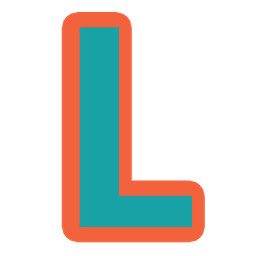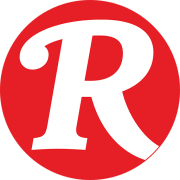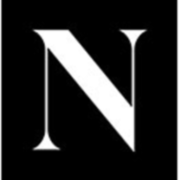Recent-ish Reads, May 8, 2025
A few more curated gooders for you on process-relational reality.
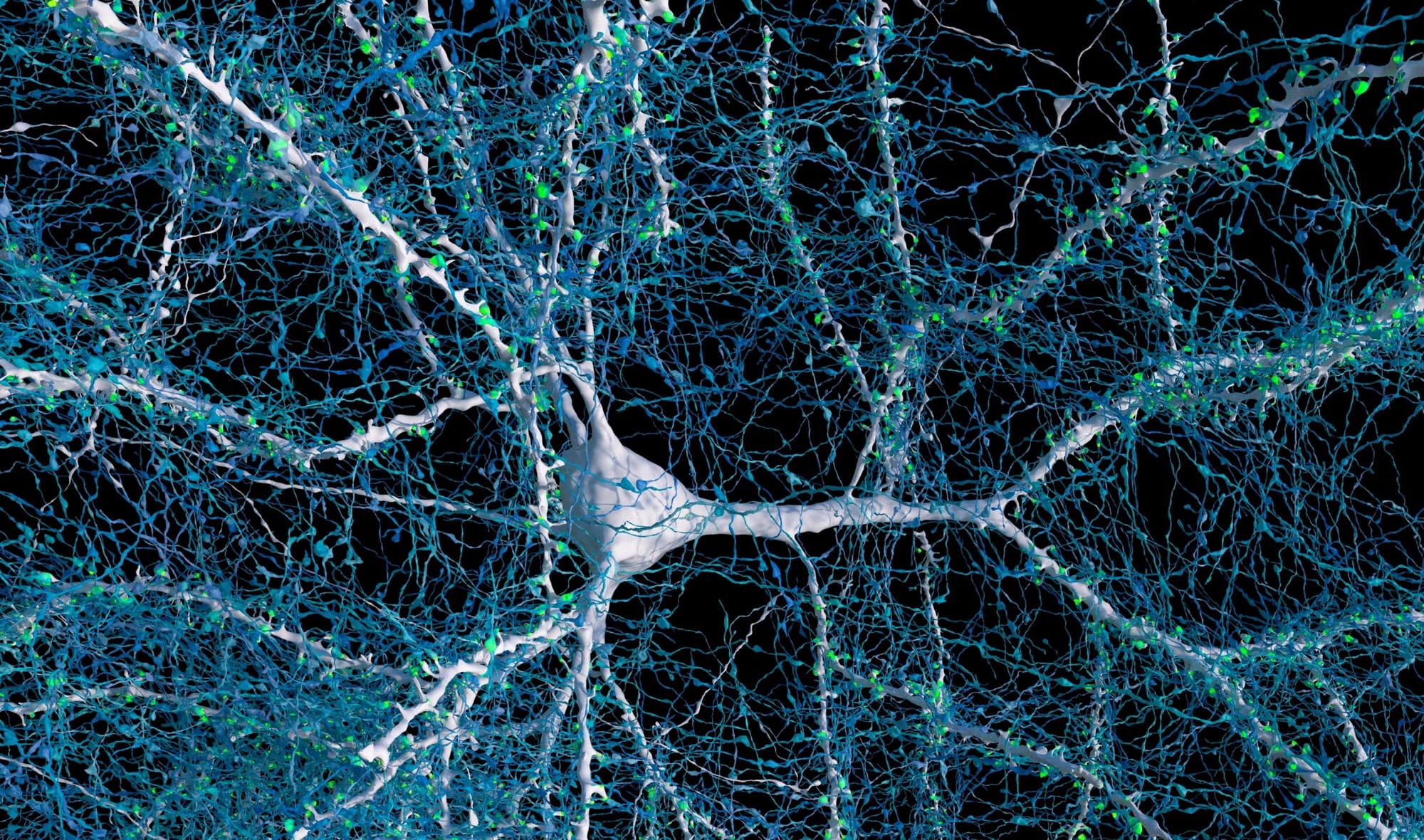
A few more curated gooders for you.
Art and Relational Reality: I really enjoyed these conversational snippets from Ursula K. Le Guin. "One of the functions of art is to give people the words to know their own experience. There are always areas of vast silence in any culture, and part of an artist’s job is to go into those areas and come back from the silence with something to say." (From 2018, but timeless, and recirculated in a recent Marginalian "Midweek Sanity Oasis" newsletter which I also recommend.)
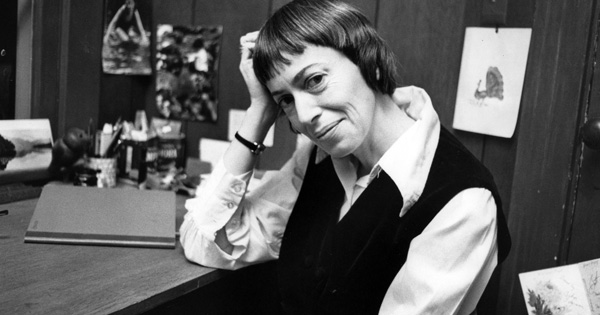
Politics:
- Bearing in mind that process-relationality points beyond Euro-Western liberal and/or socialist models, this article's forceful argument for an affirmative political vision aligns well with process-relational "individuality without individualism" right from the opening epigraphs.
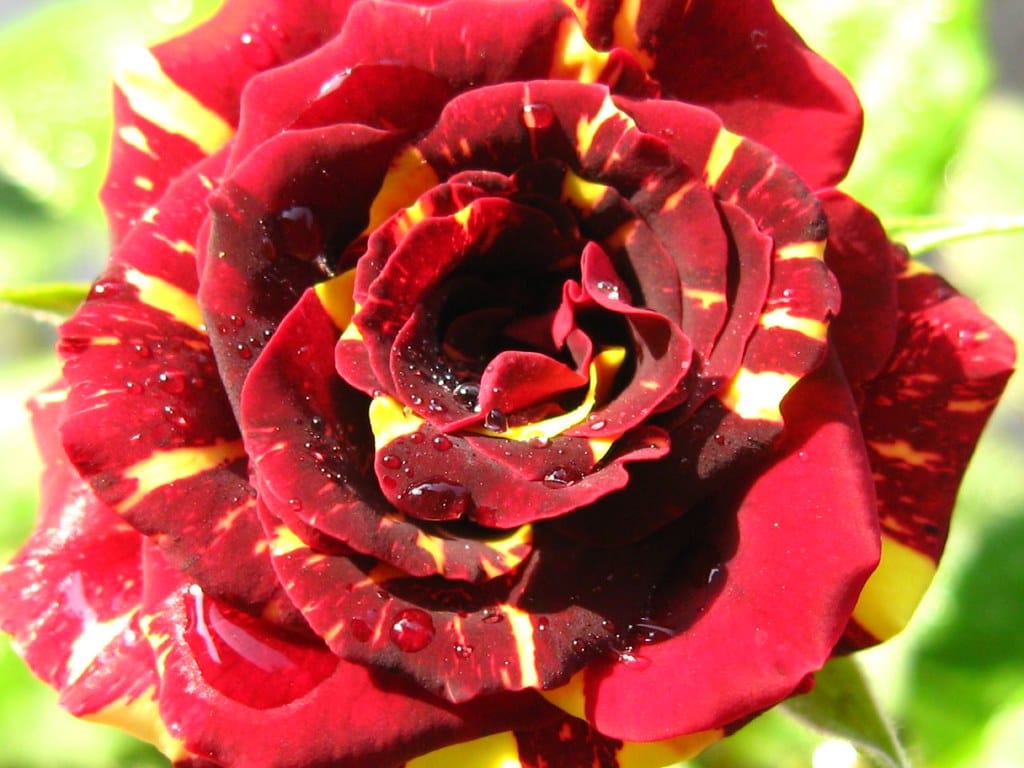
- Naomi Klein again, on putting profit and power (i.e., map-metaphysics) over people and planet (i.e., process-relational reality). Also shock doctrine, AI worship, and the Pope. The interview is paywalled, but Rolling Stone is $4.79 a month and it's one of the few journalistic publications meeting the moment.
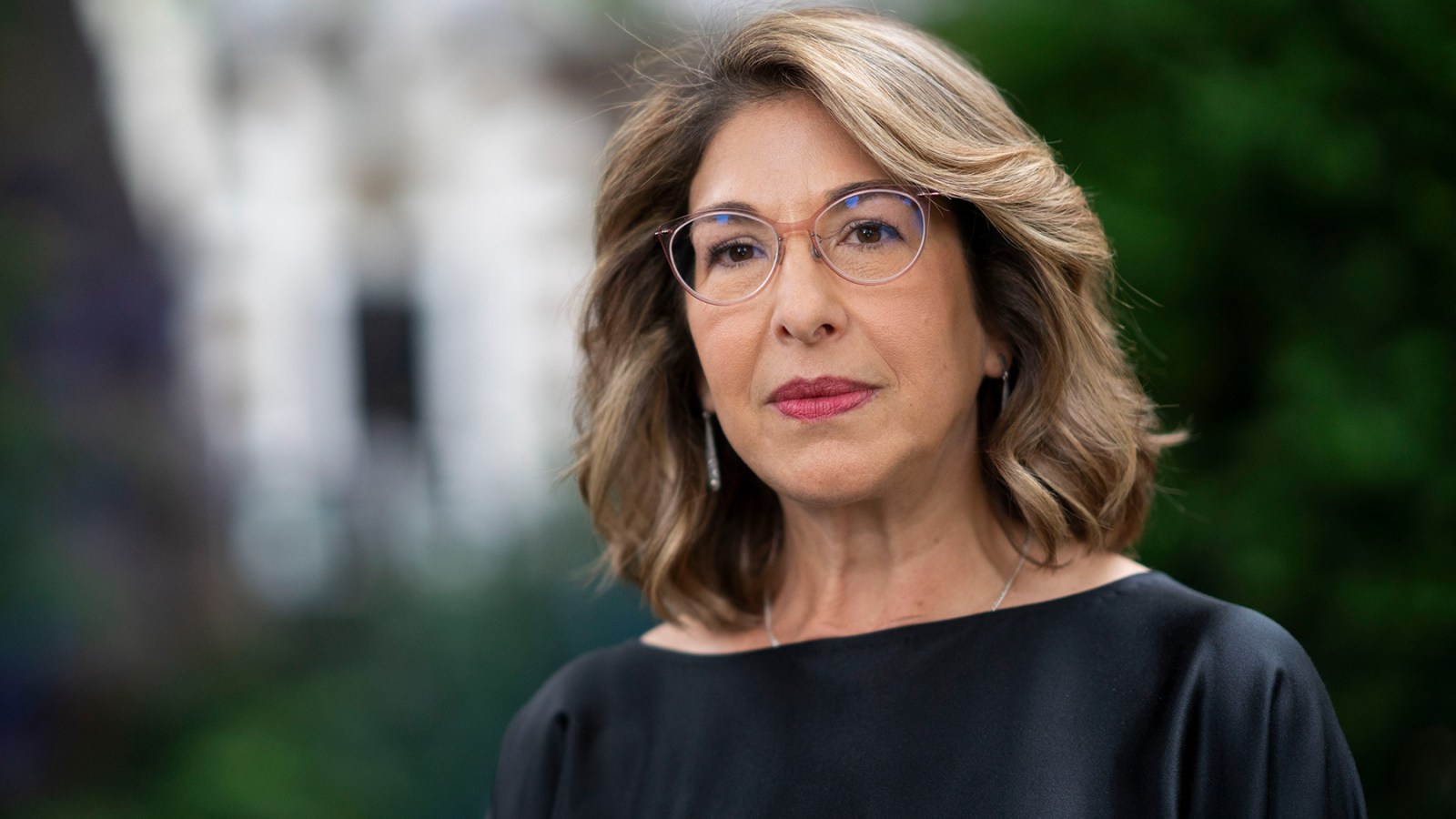
Law and Ecology: A lovely, meandering book review that stands on its own and also got me to pre-order the book. And it uses the word ontological. Twice!
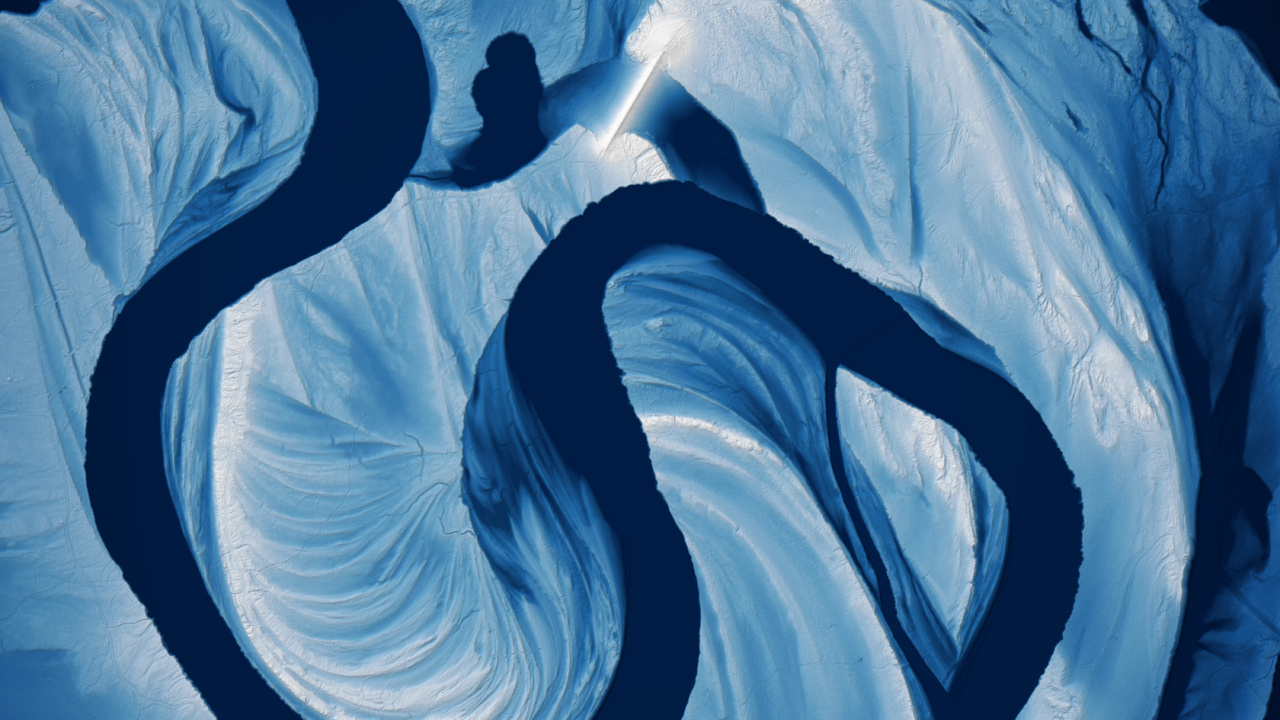
Cognitive Science and Technology: If you want to continue on a cognitive science kick, this one's worth it for the illustrations alone (see above), though the article itself is also a genuinely fascinating read about the entangled mutual advancement of biological cognitive science and artificial "neural networks."
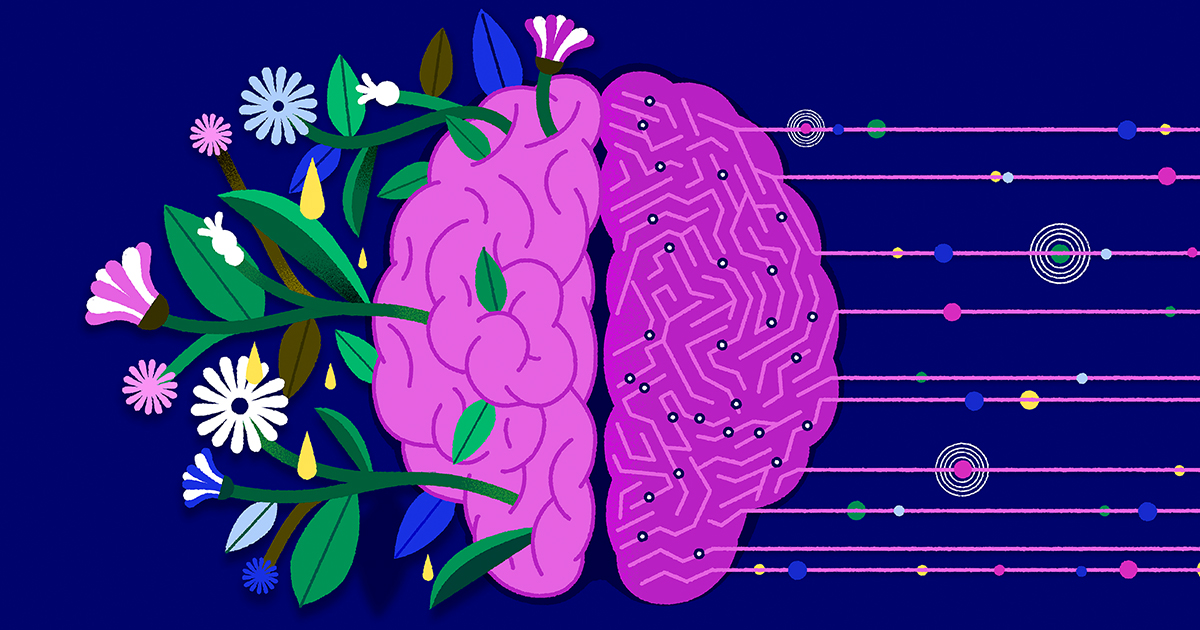
Technology and Culture: I read this one by the always-engaging Jia Tolentino as an indication of how desperately we need methodological and metaphysical moorings to ground us in reality's terrain, and how much current techno-capitalist trends tend to bury that reality under left-brained algorithmic bullshit, undermining "the equipment—our will, our instincts, our sense of purchase—with which we handle the task of being alive." (See also "ChatGPT Is Bullshit," an academic article from last year.)
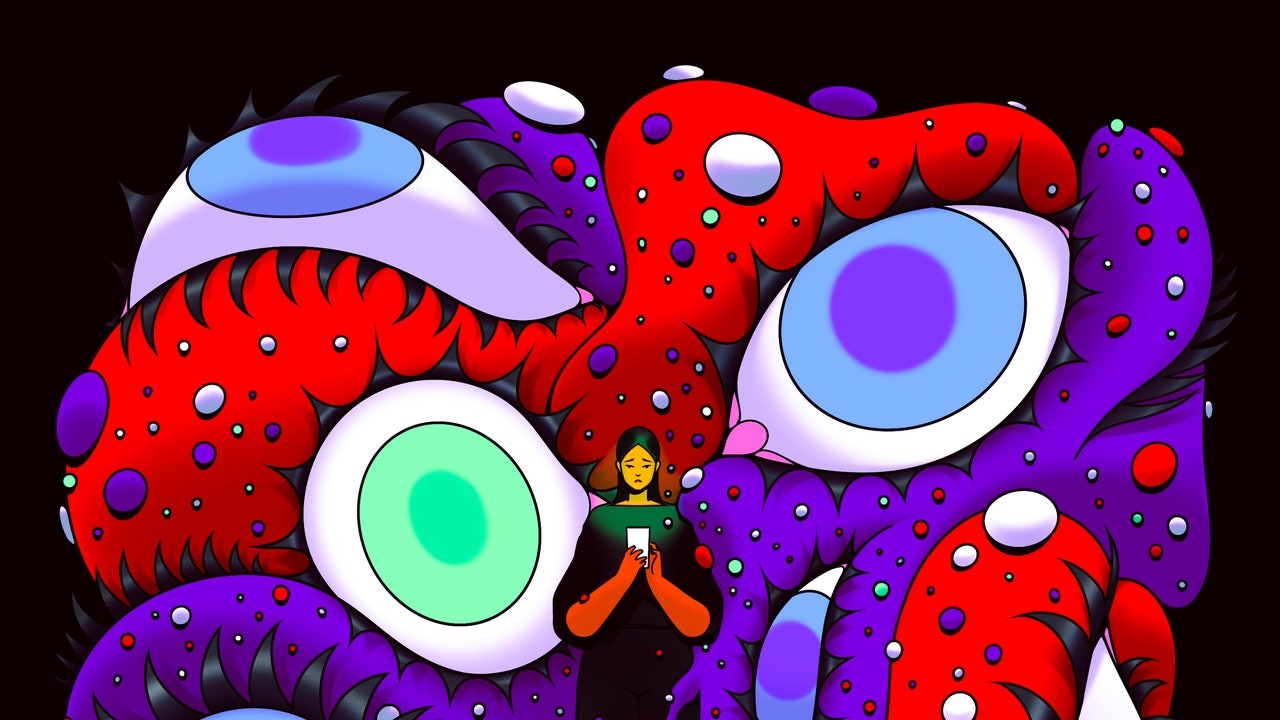
Technology, Culture, Ecology, and Antitrust: This wide-ranging, much more optimistic take on technology's liberatory possibilities is grounded in a thoroughly regenerative and process-relational understanding of how things work when they work well. "Herded into rigid tech plantations rather than functioning, diverse ecosystems, it’s tough to imagine alternatives. ... Rewilding unites everything we know we need to do and brings with it a whole new toolbox and vision."


